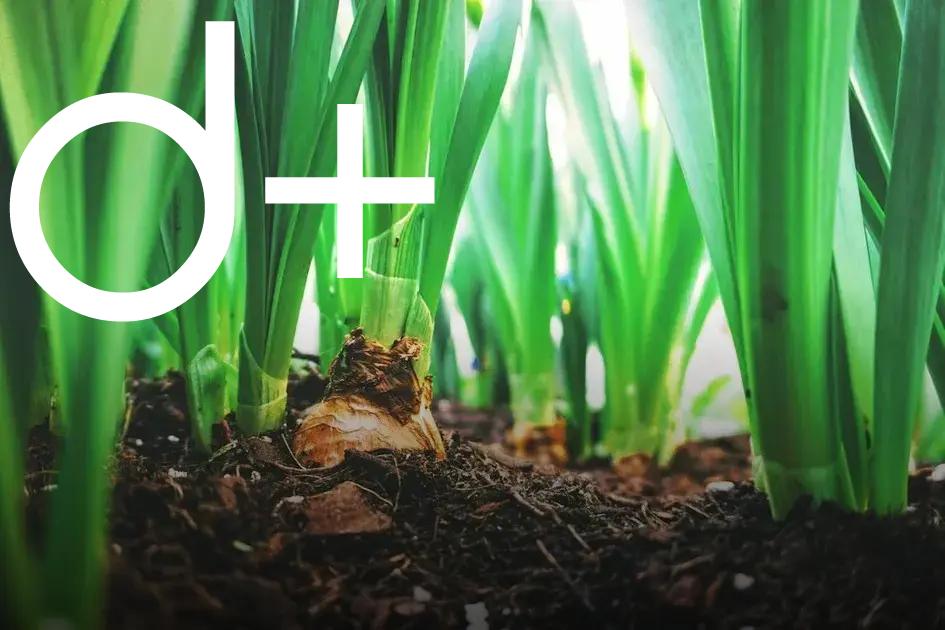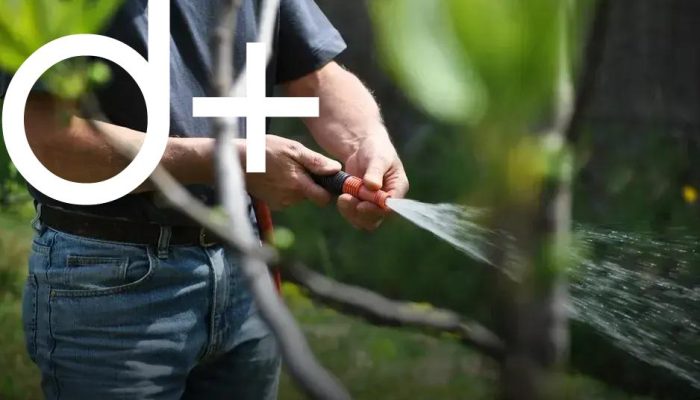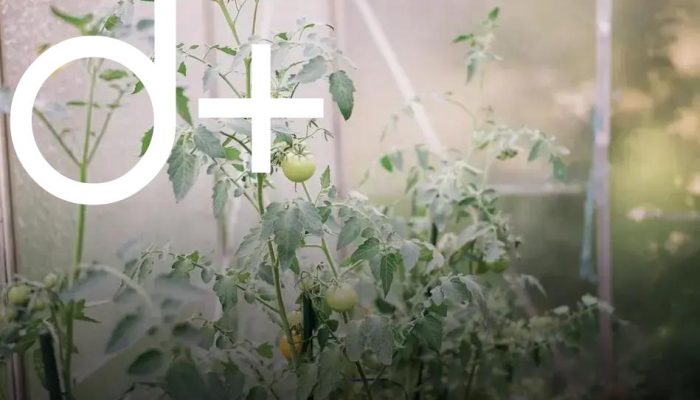Organic gardening is a rewarding approach to growing plants without chemicals. By focusing on natural methods, you create a healthier and more sustainable garden environment. Begin by understanding the principles of organic gardening, such as using compost and natural pest control. Continue by preparing your soil and selecting suitable seeds while learning effective techniques to maintain your chemical-free garden.
Understanding Organic Gardening
Organic gardening is a practice that focuses on cultivating plants without the use of synthetic chemicals or fertilizers. It is a sustainable and environmentally friendly method that promotes biodiversity and soil health. By understanding the key principles of organic gardening, individuals can create lush, productive gardens that nourish both body and planet.
The cornerstone of organic gardening is healthy soil. Instead of using chemical fertilizers, organic gardeners enrich their soil with natural compost and organic matter. Composting transforms kitchen scraps, yard waste, and other organic materials into nutrient-rich humus, an essential ingredient for thriving plants.
Another important aspect is choosing the right plants. Select heirloom or open-pollinated seeds that are often better adapted to local growing conditions and more resilient against pests and diseases. Avoid genetically modified seeds or plants treated with chemical pesticides.
Managing pests organically involves techniques like crop rotation, companion planting, and encouraging beneficial insects. For instance, planting marigolds can deter nematodes, while ladybugs can control aphid populations naturally.
Regular maintenance of the garden is crucial. This includes tasks like mulching to help retain moisture, manually removing weeds, and ensuring plants have proper spacing for air circulation. These activities prevent disease and promote healthy growth.
Preparing Your Chemical-Free Soil

To start your journey in organic gardening, it’s essential to prepare your soil without chemicals. Healthy soil is the foundation of successful organic growth. Begin by assessing the current state of your soil. You’ll need to know its pH level and nutrient content. This can be done with a simple home test kit.
Once you understand your soil’s composition, it’s time to enrich it naturally. Adding organic compost is crucial. Compost improves soil structure, boosts nutrient content, and enhances the soil’s ability to retain water. You can create your own compost with kitchen scraps, leaves, and grass clippings, making your gardening efforts more sustainable.
Aeration is another key element. By turning the soil, you allow air to penetrate and microorganisms to thrive. These microbes are beneficial, helping to break down organic matter into nutrients that your plants can easily absorb.
Consider using green manure as well. This is a type of cover crop that you plant and later incorporate into the soil. Green manure enhances the nutrient profile and prevents weed growth, making your soil even more fertile.
Finally, protect your prepared soil with mulch. Mulching helps regulate soil temperature, reduces water evaporation, and further aids in weed control. Use natural materials like straw, wood chips, or shredded leaves to keep your garden chemical-free.
Selecting the Right Organic Seeds
When it comes to choosing organic seeds, it’s crucial to know what you’re looking for. Organic seeds are cultivated without synthetic fertilizers or pesticides, which makes them the perfect choice for a chemical-free garden. Look for certifications on the seed packets to ensure they’re truly organic.
Not all seeds are created equal. Consider the climate and soil type of your garden when selecting varieties. Some seeds are more drought-tolerant, while others might thrive in cooler temperatures. Research your region’s growing conditions to choose seeds that will best fit your needs.
Heirloom seeds are a popular choice among organic gardeners. These seeds come from plants that have been passed down through generations, offering a rich history and diverse flavors. They are open-pollinated, meaning they rely on natural processes like birds and bees for reproduction. This can lead to stronger and more resilient plants.
Hybrid seeds, while not the same as genetically modified organisms, are a blend of two varieties and also a viable choice. However, if you aim to save seeds for future planting, heirloom seeds might be more suitable, as hybrids often don’t breed true to type.
Keep an eye on your germination rates. The freshness of the seeds plays a vital role in their success. Store seeds in a cool, dry place, preferably in airtight containers, to keep them viable for future seasons.
Finally, consider supporting local seed producers. Local seeds are often better adapted to your specific climate and can contribute to the sustainability of the environment.
Organic Pest Management Techniques

When it comes to keeping your garden thriving without harmful chemicals, organic pest management techniques are essential. These methods focus on using nature’s own defenses to protect your plants. One of the keys is to attract beneficial insects, such as ladybugs and lacewings, that prey on harmful pests. You can do this by planting companion plants like marigolds and nasturtiums, which naturally deter pests while attracting beneficials.
Cultivating a variety of plants together can also prevent pest outbreaks. This concept, known as plant diversity, disrupts pest cycles and keeps populations in check. Additionally, practicing crop rotation helps to avoid soil-borne pests and diseases. Rotating crops that belong to different families each season restricts the survival of pests from one season to the next.
Consider implementing biological controls, which involve introducing natural predators or parasitoids. For instance, nematodes can control root-dwelling pests, while parasitic wasps can be used against caterpillars. Handpicking larger pests, such as snails and slugs, can also be effective. While time-consuming, it’s one of the most direct methods and ensures your plants remain safe from chemicals.
Protecting your plants with physical barriers like row covers can also be beneficial. These barriers prevent pests from reaching the plants while still allowing air and light to penetrate. Regular monitoring of your plants is crucial. Look for early signs of problems and take action quickly to prevent them from escalating.
Some gardeners use homemade sprays from natural ingredients, such as garlic or neem oil, to keep pests at bay. These can be sprayed directly onto plants and are safe for the environment. Remember, the goal is to create a balance where pest populations are kept in check naturally, ensuring your garden thrives without relying on synthetic chemicals.
Maintaining Your Chemical-Free Garden
Keeping your garden free of chemicals is an enjoyable and rewarding task that can significantly improve the quality of your produce and the surrounding environment. To maintain the vitality of your chemical-free garden, it’s essential to engage in consistent gardening practices that promote natural growth.
First, start by implementing a regular watering schedule that suits the specific needs of your plants. Watering early in the morning or late in the afternoon helps prevent evaporation and ensures the roots get adequate moisture. Avoid overwatering, as this can lead to root rot.
Another important aspect is mulching. By adding a layer of organic mulch, like straw or wood chips, you help retain soil moisture, suppress weeds, and gradually enrich the soil as it decomposes. Mulching also regulates temperature, keeping your plants comfortable year-round.
It’s critical to monitore plant health vigilantly. Look out for signs of diseases or pests and apply natural remedies promptly. Introducing beneficial insects, like ladybugs and praying mantises, can aid in controlling pest populations without harsh chemicals. Additionally, rotating crops each year can prevent pest infestations and soil nutrient depletion.
Furthermore, composting is a key practice in maintaining a chemical-free garden. Regularly adding homemade compost enriches the soil with nutrients and improves its texture. Compost acts as a natural fertilizer, providing plants with essential growth elements.
Lastly, ensure that you prune your plants appropriately. Regular pruning helps remove dead or diseased branches, improves air circulation, and encourages healthy plant growth. This practice also allows for sunlight penetration, crucial for photosynthesis.
By staying informed and committed to organic practices, you ensure that your garden not only thrives but also supports a healthier ecosystem. Each step you take contributes to a vibrant, sustainable garden that reflects the principles of natural growth and nurtures a connection with nature.







![BANNER 1 - HOME [QUADRADO]](https://dailyfindinvestment.com/wp-content/uploads/2025/01/BANNER-300-X-300.gif)
